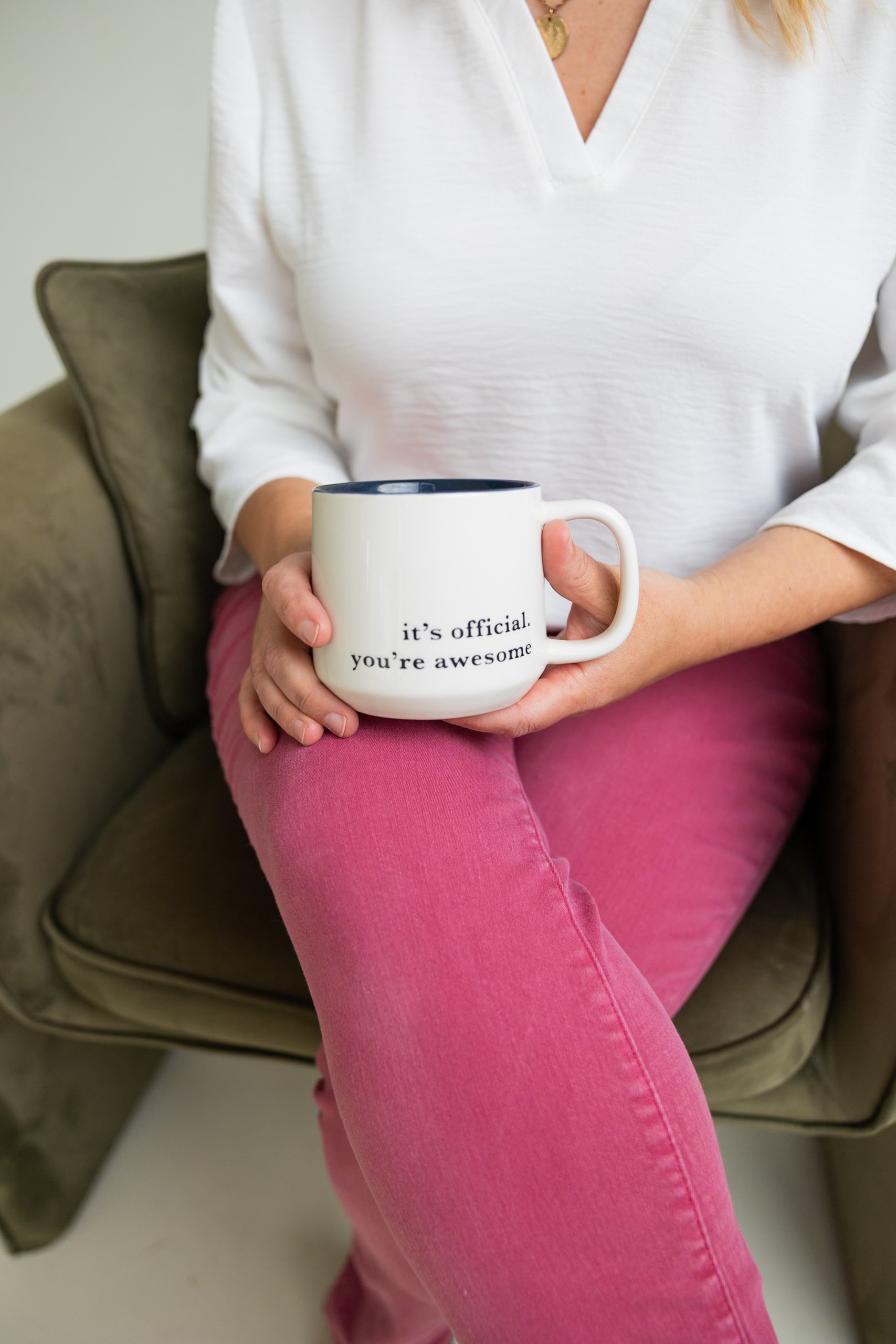Musicology
Specializing in Musical Theater, Baroque Music, Chamber Music, Twentieth-Century Repertoir, and Music by Women
Musicology is a broad subject with numerous branches, encompassing the historical study of music, theoretical analysis, cultural and social contexts, performance practices, and the exploration of music across different time periods and traditions. It includes fields such as ethnomusicology, which examines music in its cultural context; historical musicology, which investigates music of the past; and systematic musicology, which applies disciplines like philosophy, psychology, and acoustics to the study of music. Musicologists may specialize in particular genres, time periods, or issues—each offering distinct insights into how music reflects and shapes human experience.
PC: Kristin Weber Photos
Musical theater
Dr. Miranda’s thesis (in progress) is about the development of the “I want” song in American musical theater.”
“The “I Want” song, the “I Wish” song, or the song of desire has been a long-standing staple of the Broadway musical. Although this song type has been used in musicals for decades, little has been written about the genre, its origin, or how it has been used in Anglo-American musical theater in the last century.”
PC: Kristin Weber Photos
Music by women
Not only does Dr. Miranda commission and premiere music primarily written by women, but she also researches and writes about women in music. Her dissertation, An Examination of Extended Techniques in Music for the Oboe and English Horn by Women, introduced her to many new female artists and composers of the twentieth and twenty-first centuries.
Women have written some incredible music over the years, women are awesome, and the music of women should be played and heard.
Keep an eye out for an upcoming article in The Double Reed!
PC: Ron Parker
baroque performance practice
Musicians of the Baroque period had different instruments made with materials unlike those we use today not performed at our present day standardized pitches. Therefore, the sounds created and the process of performing music in the seventeenth and early eighteenth centuries were not the same as it is today. Through the use of period replicas and knowledge of various treaties, musicians of the present day can teach and perform music more closely to how they would have during the Baroque period. Dr. Miranda ventured out and purchased a Baroque oboe about a year ago which has greatly helped to inform her research and teaching of this period.



